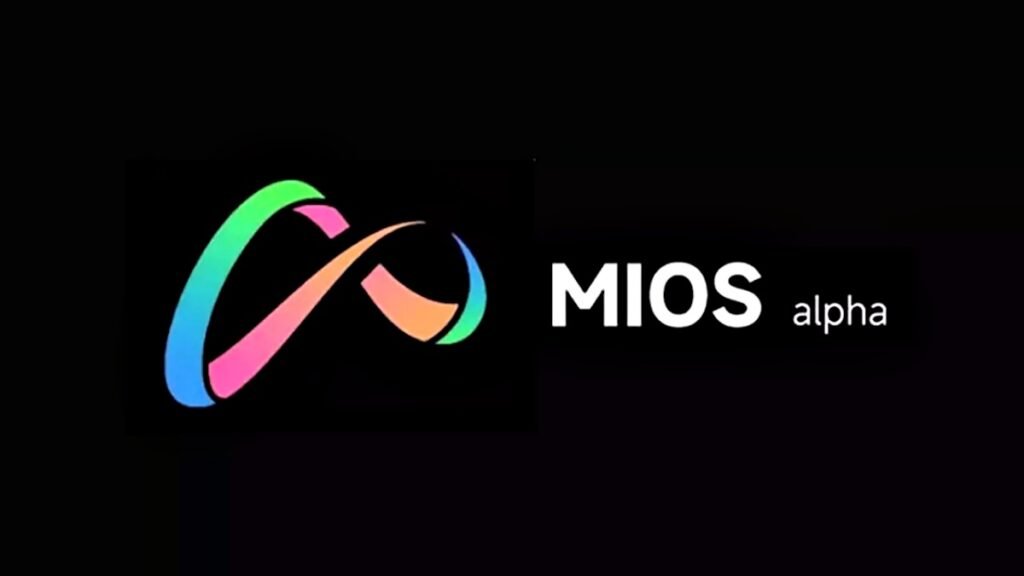
New Delhi: Xiaomi, one of the leading smartphone makers in the world, is reportedly working on a new mobile platform called MiOS, which could replace its current MIUI version in the future. According to some sources, Xiaomi has already registered the trademark for MiOS and acquired the domain name mios.cn for its domestic market in China.
MiOS is said to be a new operating system that is not based on Android, but rather developed from scratch using the Android Open Source Project (AOSP). This means that Xiaomi could have more control and flexibility over its software features and updates, as well as avoid any potential conflicts with Google or the US government.
The name MiOS is also reminiscent of Apple’s iOS and macOS, suggesting that Xiaomi is taking its inspiration from the Cupertino giant to a new level. Xiaomi has often been accused of copying Apple’s design and functionality in its products, but it has also managed to create its own identity and fan base over the years.
It is not clear when Xiaomi will officially announce or launch MiOS, but some speculations suggest that it could happen at the end of this year, along with the Xiaomi 14 series of smartphones. However, it is possible that MiOS will be initially limited to the Chinese market, where Xiaomi does not need Google’s apps and services to operate.
Xiaomi could also follow a dual strategy with its mobile platform, similar to Vivo’s approach of using Origin OS in China and Funtouch OS in other countries like India. This way, Xiaomi could cater to different consumer preferences and needs in different regions.

Xiaomi has not confirmed or denied any of the rumors about MiOS, so we will have to wait and see what the company has in store for its software future. MiOS could be a game-changer for Xiaomi and its users, or it could be a risky move that could backfire. Either way, it shows that Xiaomi is not afraid to innovate and challenge the status quo in the smartphone industry.






















































